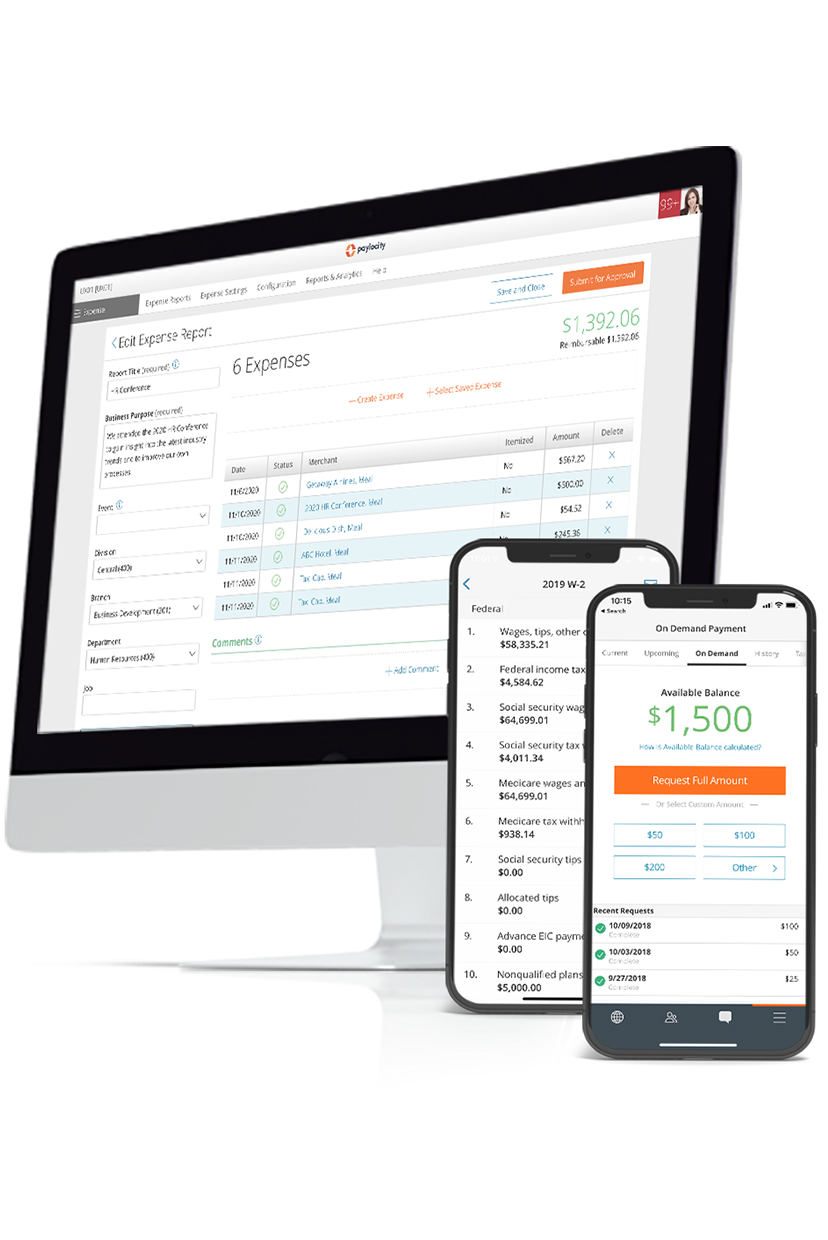Arrears
Summary Definition: An amount of money that’s either overdue or scheduled to be paid after a service is performed.
What Does Arrears Mean?
Arrears is a financial and legal term describing a post-due payment status. It's most commonly used in the following situations:
- When a payment is late and intended to fulfill a financial obligation (e.g., rent, mortgage payments, utility bills, etc.)
- When the payment is intentionally made after a service or pay period finishes (e.g., mortgage interest or employee wages)
Within those contexts, however, the term can appear in several ways, such as labeling an amount of money or referring to an account’s status. For example, if someone misses a credit card payment, the card company can label both the person’s payment and their credit card account as being in arrears.
Key Takeaways
- Arrears refers to an amount of money due or paid after a specific date or event occurs.
- An amount can be in arrears, meaning it’s late or overdue, or paid in arrears, meaning it was promptly paid after a service was provided.
- Within payroll processing, being paid in current is the opposite of being paid in arrears because it allows employees access to wages before or at the end of the current pay period.
What Does it Mean When Something is in Arrears?
If a payment is in arrears, it’s late or overdue. Such payments (a.k.a., arrearages) will remain in arrears even if the payor makes other, subsequent payments on time.
If someone misses their student loan payment in June but makes their July, August, and September payments on time, the June amount will remain in arrears until it’s paid. This is still true even if the person partially repays the June amount later, as whatever amount remains will still be in arrears.
What Does it Mean When Something is Paid in Arrears?
When an amount is paid in arrears, it means the payment is supposed to occur after a service or specified timeframe is finished.
For example, suppose a homeowner needs their furnace fixed. The technician they hire will probably provide an initial estimate of the cost of the repairs. However, the final invoice won't be issued or paid until after the repairs are finished. This allows the technician to create a more accurate bill based on the actual required repairs.
Payment in arrears can also be applied to payroll processing when distributing earned wages to employees. In such a setup, each paycheck or direct deposit an employee receives is for a prior pay period instead of the current one. So, if a company’s pay period ends on a Friday, but the employees receive their wages the following Wednesday, their salaries are paid in arrears.
Paid in Current
Conversely, “paid in current” payroll allows employees to access their earned wages the day a pay period closes or sometimes even earlier (i.e., on-demand pay).
Employees may prefer this system as they get their wages sooner, but it can make payroll processing more difficult. For example, employers have to use estimates when calculating payroll deductions (e.g., taxes) and might need to fix future payrolls if any estimates are wrong.

Save Time with Stress-Free Payroll Solutions
Payroll doesn’t have to be complicated, but it does have to be right. Stay compliant, collect employee data, and streamline tax filing – all while putting time back in your day with our automated payroll software. With the assurance of an error-free workflow, you can get back to what matters most – your people. Learn how our modern solutions get you out of the tactical and back to focusing on the bigger picture.